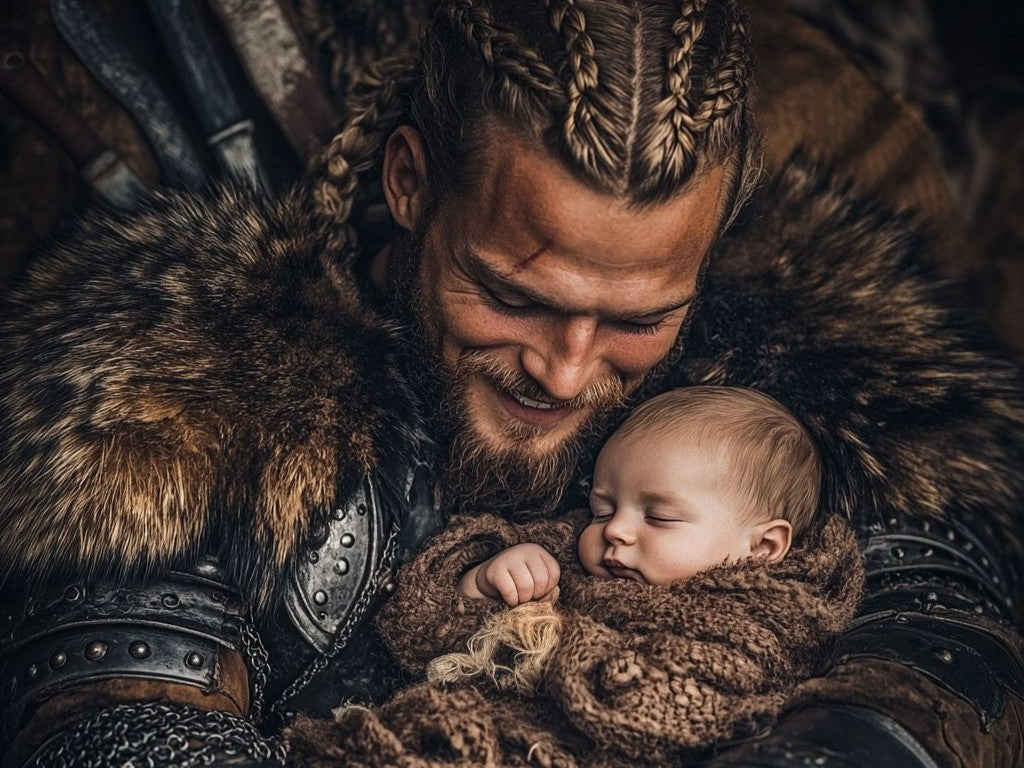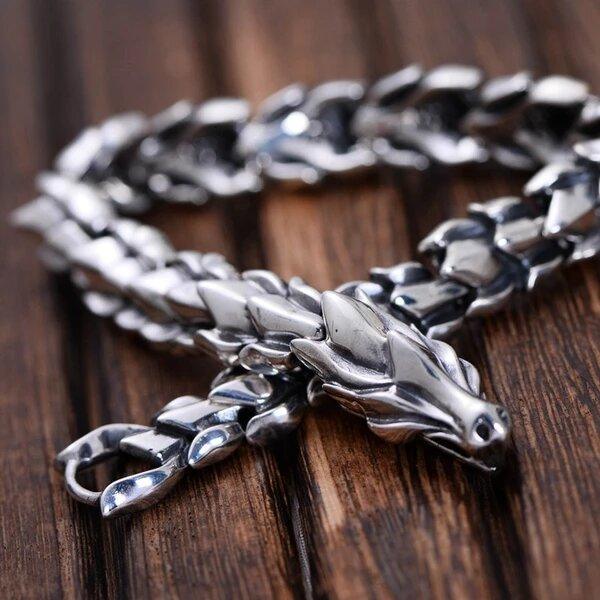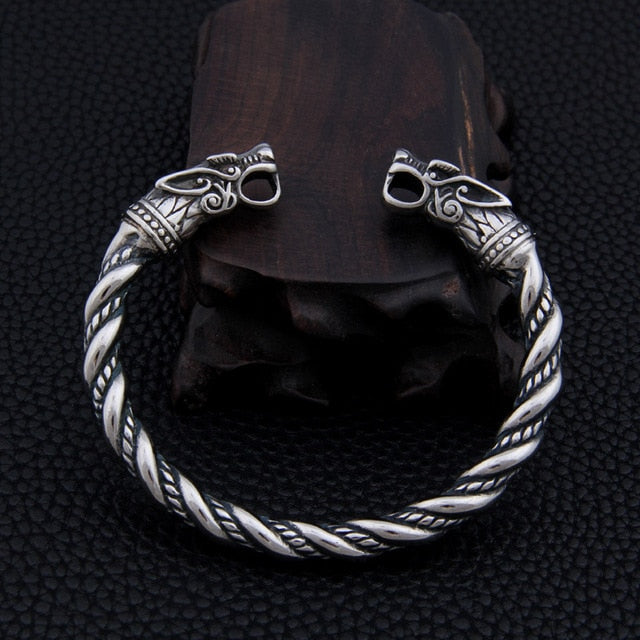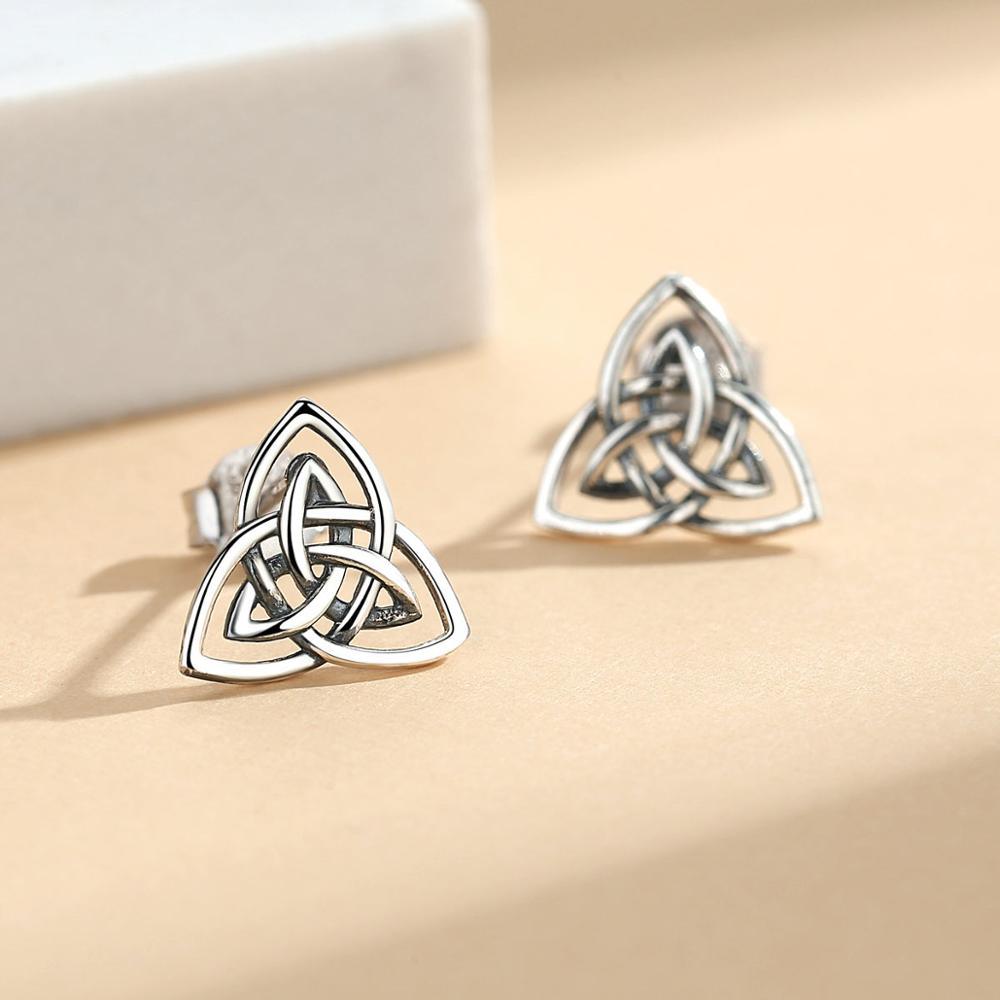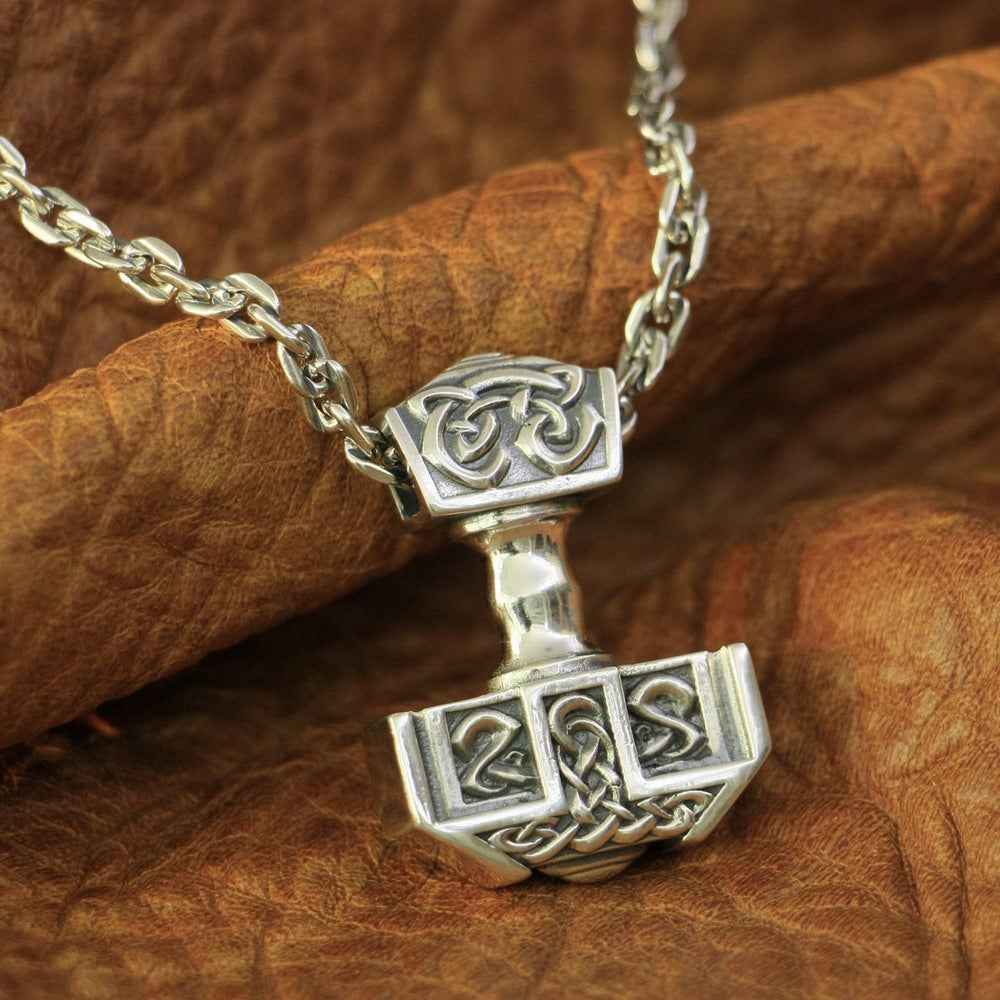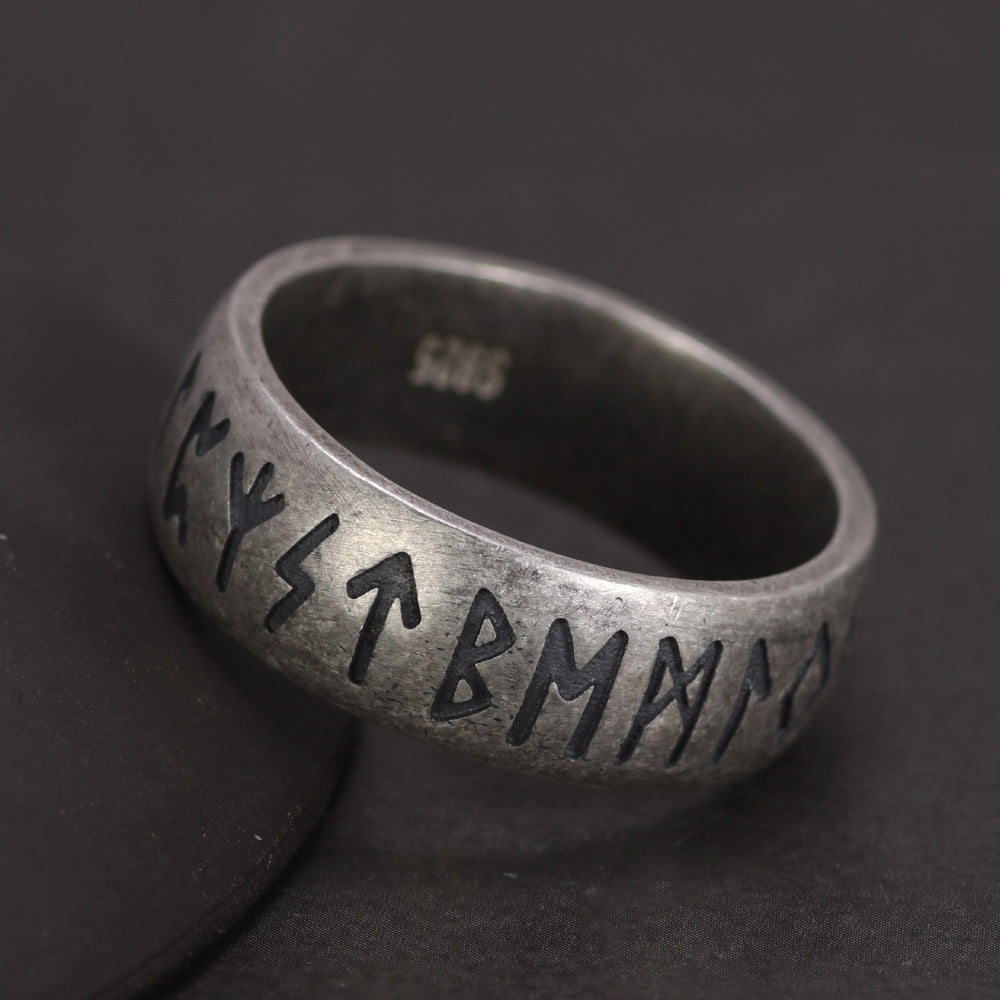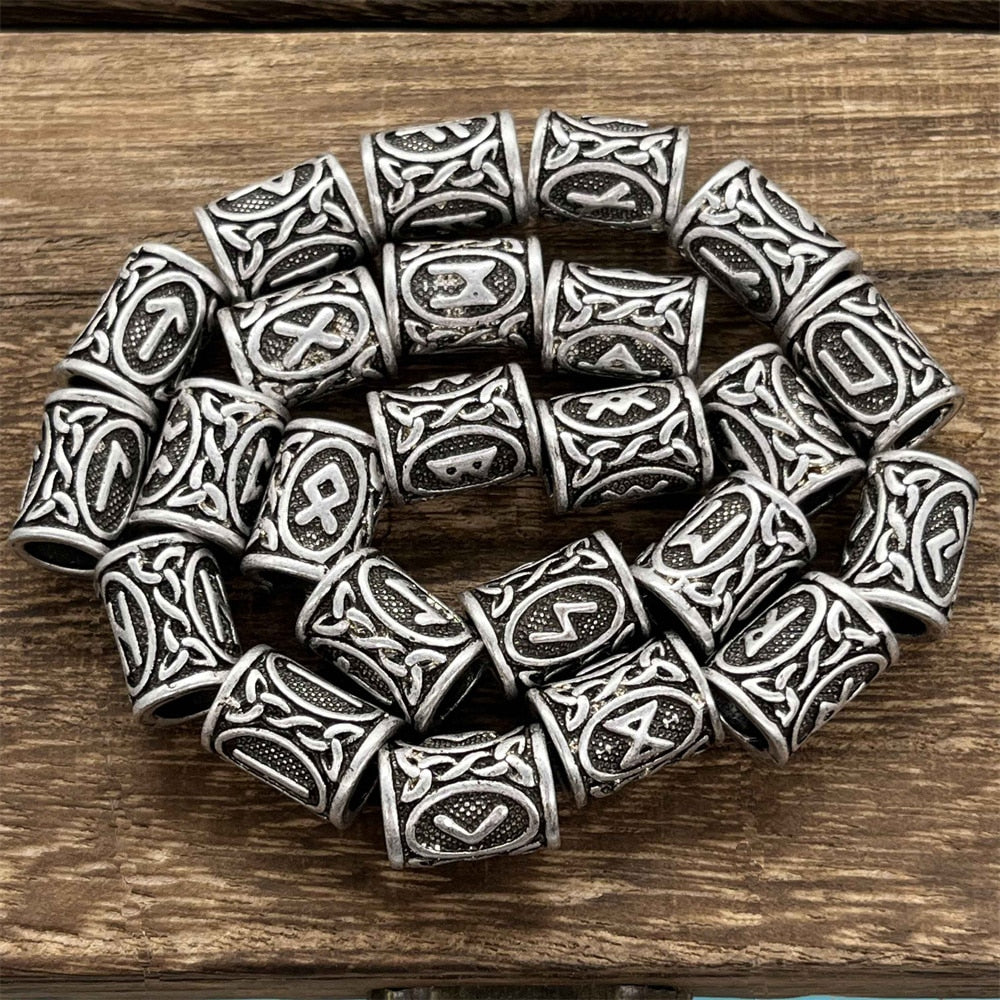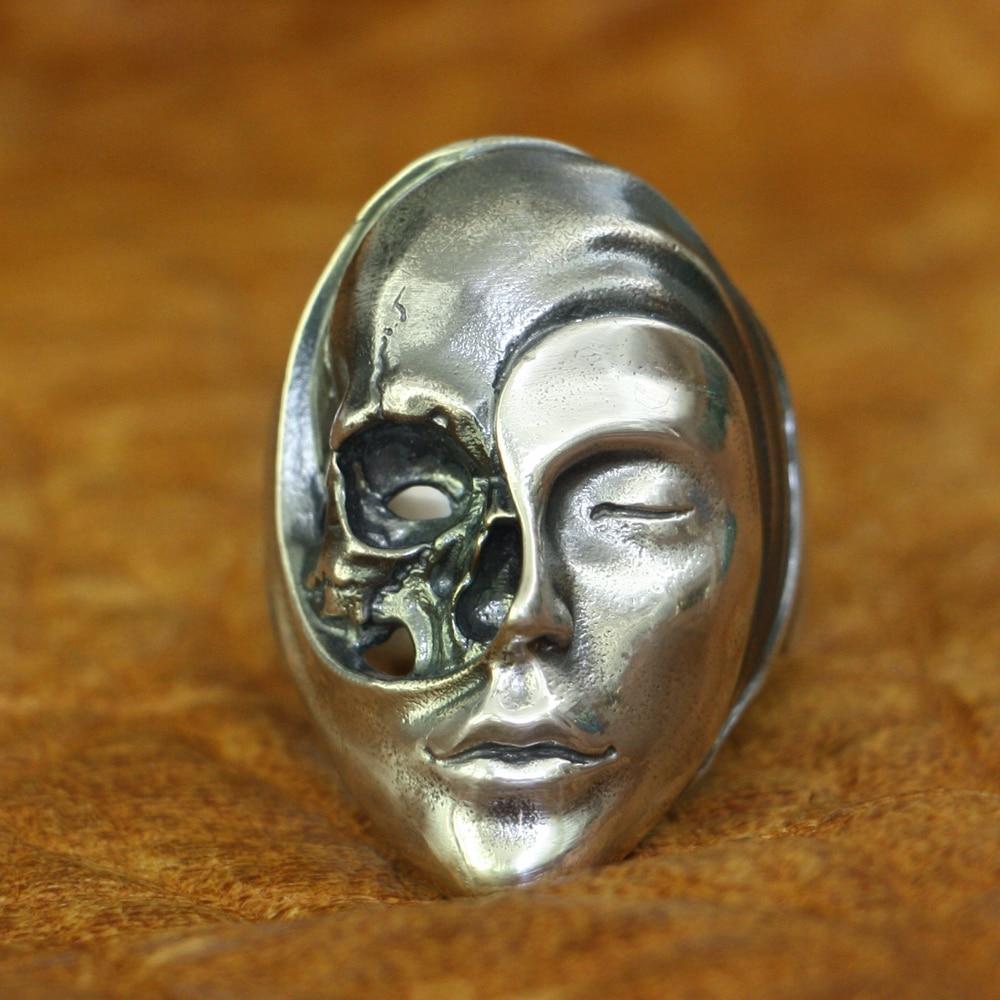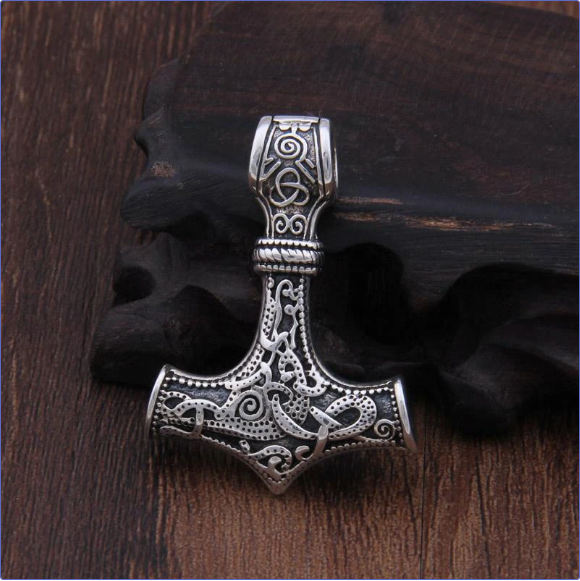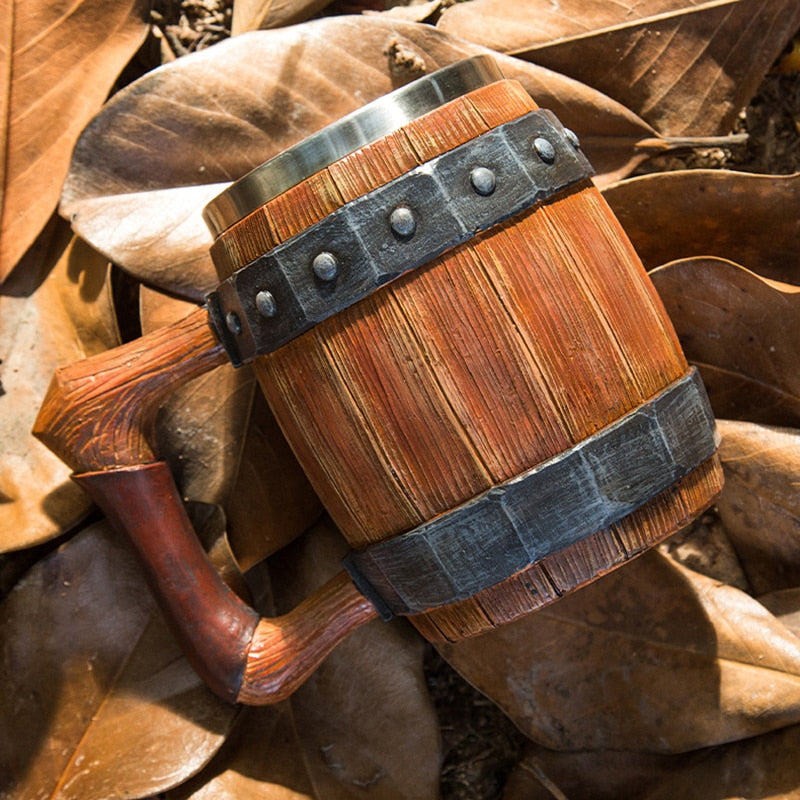Thor, the God of thunder is the most widely recognizable member of the Norse Pantheon. While Thor's progeny, Magni and Modi don not share their father notoriety, they embody aspects of his essence and play pivotal roles in the mythological narratives. Their stories, though less prominent, offer profound insights into themes of strength, legacy, and the cyclical nature of existence.

Magni: The Embodiment of Strength
Magni, whose name translates to "Mighty," is celebrated for his extraordinary physical prowess, a trait inherited from his father, Thor. His mother is identified as the jötunn (giantess) Járnsaxa, highlighting the complex interrelations between gods and giants in Norse lore.
One of the most notable tales featuring Magni is his role in rescuing Thor during the encounter with the giant Hrungnir. After Thor slays Hrungnir, he becomes trapped under the giant's massive corpse. Despite the combined efforts of the Gods, they are unable to free him. It is Magni, at the tender age of three, who effortlessly lifts Hrungnir's body, showcasing strength that rivals, and perhaps surpasses, that of the Gods themselves. In gratitude, Thor gifts Magni the horse Gullfaxi, which had belonged to Hrungnir. Read more about the The Epic Duel Between Thor and the Jotun Hrungnir here.
Modi: The Personification of Wrath
Modi, translating to "Wrath" or "Courage," remains a more enigmatic figure. His mother is not definitively named in the primary sources, leading to scholarly debates. Some propose that, like Magni, his mother is Járnsaxa, suggesting they are full brothers. Others speculate that his mother could be Sif, Thor's wife, which would make Modi the full brother of Thrud and half-brother to Magni. Despite the ambiguity surrounding his maternal lineage, Modi's association with the concepts of wrath and bravery aligns him closely with his father's warrior attributes. Read more about Sif, Goddess of Wheat, Summer and wife of Thor here

Survival and Legacy Post-Ragnarök
Ragnarök, the prophesied cataclysmic event in Norse mythology, foretells the demise of many Gods, including Thor. However, Magni and Modi are among the select deities destined to survive this apocalypse. According to the Poetic Edda, specifically the "Vafþrúðnismál," they are fated to inherit Mjölnir, Thor's legendary hammer, and continue his legacy in the reborn world. This inheritance symbolizes the perpetuation of their father's power and the enduring nature of strength and courage in the renewed cosmos.
Symbolic Interpretations
Magni and Modi are not merely characters within the myths but embody deeper symbolic meanings. Magni represents physical might and the potential within youth to surpass previous generations, as evidenced by his rescue of Thor. Modi, embodying wrath and bravery, reflects the emotional and psychological facets of courage and the warrior spirit intrinsic to Norse culture. Together, they encapsulate the holistic valor esteemed by the Norse: the fusion of physical strength and indomitable will in an enduring family line.

Cultural Resonance and Modern Depictions
The narratives of Magni and Modi have transcended ancient texts, influencing contemporary media and literature. In modern adaptations, such as the Marvel Cinematic Universe, Thor's familial relationships are explored, though Magni and Modi are often reimagined or omitted. Their archetypal qualities, however, persist in various forms, underscoring the timeless appeal of their mythological attributes.
While Thor's exploits dominate Norse mythology, the tales of his sons, Magni and Modi, enrich the mythos by highlighting themes of inheritance, strength, and resilience. Their stories serve as reminders of the enduring legacy of valor and the perpetual cycle of renewal that defines the Norse cosmological view.
Bibliographical References
Gaiman, Neil. Norse Mythology. Bloomsbury Publishing, 2017. ISBN: 978-1408886816.
Sturluson, Snorri. The Prose Edda. Translated by Jesse L. Byock, Penguin Classics, 2005. ISBN: 978-0140447552.
Lindow, John. Norse Mythology: A Guide to Gods, Heroes, Rituals, and Beliefs. Oxford University Press, 2001. ISBN: 978-0195153828.
